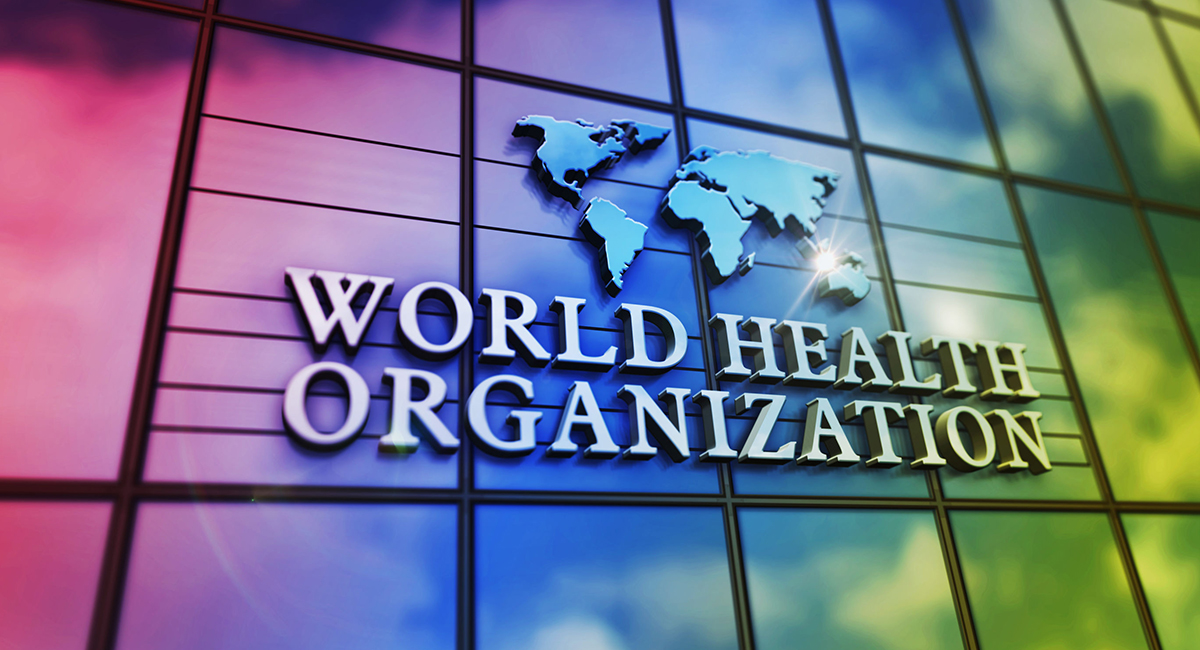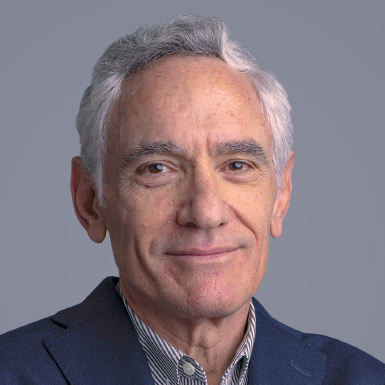Trust in public health has been shattered—half of America has lost faith in the scientific community altogether. Apparently blind to that loss of trust and the urgent need for transparency, our current government is doubling down on World Health Organization (WHO) decrees that directly circumvent public oversight.
The WHO has drafted a new global Pandemic Accord. Before seeing anything final in what will be legally binding, the U.S. ambassador to the WHO, Pamela Hamamoto, on February 27 imprudently promised “The United States is committed to the Pandemic Accord.”
This comes immediately after the exposure of yet another disgrace undermining trust in public health institutions. It turned out the February 2020 Lancet article calling the lab origin of the SARS-CoV-2 virus a “conspiracy theory” was itself the true conspiracy, contrived behind closed doors contemporaneously with a March 2020 publication in Nature. If that coordinated media campaign was designed to conceal malfeasance by Drs. Francis Collins and Anthony Fauci—who, as leaders of America’s National Institutes of Health, reportedly sent American tax dollars to fund China’s dangerous gain-of-function research and circumvent Obama administration-introduced restrictions—we may be witnessing the deadliest cover-up scandal in history.
News media are also beginning to acknowledge facts that refute the original reasons behind lockdowns. Those facts shouldn’t be partisan. Both the Trump and Biden administrations rejected the science—D.A. Henderson’s classic 2006 review of pandemic data clearly demonstrated lockdowns were not effective, and were extremely harmful. Both administrations rejected the alternative—targeted protection—that had been recommended since March 2020. And the lockdowns failed to stop the death (see evidence presented by Christian Bjornskov, Eran Bendavid, Virat Agrawal, Jonas Herby, and Phil Kerpen).
Truth seems to be prevailing, but being proven right is not sufficient. We have a crisis of trust that threatens the credibility of all future health guidance.
Americans should be concerned that the latest WHO agreement-in-progress is not classified as a treaty. America’s treaties require congressional approval. That’s key to a representative government—the public gets input into how they are governed. But executive-signed “accords” circumvent the authority of the people. After all the public has endured in this pandemic at the hands of government, is there any doubt that health emergency powers must have full, public vetting?
Despite protestations to the contrary, all signers of the Pandemic Accord clearly relinquish critical autonomy to the WHO. Most ominous is that WHO defines “public health emergency” on its own terms—giving it full leeway to determine the fundamental justification for public restrictions. We already know there is ambiguity within the U.S. on that definition. When you’re going to invoke emergency measures, there must be clarity on the terms and time limits of the emergency. Why should any sovereign nation allow a third party to legally define and impose such a critical state?
WHO’s accord also explicitly claims oversight over intellectual property, including patent limits and drug prices. And far beyond the purview of a pandemic agreement, it imposes WHO’s preferred social policies, enforceable by law. For instance, the nebulous term “equity” appears 10 times in the accord, as it does in WHO Director-General Tedros Adhanom Ghebreyesus’ January report on health emergencies. Isn’t that the responsibility of autonomous nations, rather than global organizations, to determine for themselves?
Just as the truth about COVID-19 is prevailing, are we going to simply ignore the WHO’s record? The WHO has had major successes in its 75-year history, including the eradication of smallpox, but a series of missteps in emergencies prior to COVID cannot be disregarded—its overreaction and lack of transparency in the 2009-10 H1N1 flu pandemic, its delayed response to the 2014 Ebola crisis in West Africa, and its flawed response to the Zika virus, for example.
What about the COVID-19 pandemic? Tedros began the pandemic by backing China’s early cover-up. On January 28, 2020, he said, “we appreciate the seriousness with which China is taking this outbreak, especially the commitment from top leadership, and the transparency they have demonstrated”—despite China’s broadly reported efforts to block information access and punish those who disobeyed. Tedros further proclaimed, two days later, that “the speed with which China detected the outbreak, isolated the virus, sequenced the genome, and shared it with WHO and the world are very impressive, and beyond words. So is China’s commitment to transparency.” He also backed China‘s false claim that COVID exhibited no human-to-human transmission. And, of course, he failed to strongly protest China’s consistent stonewalling a full lab inspection.
Beyond supporting China’s false narratives, WHO disregarded evidence for guidelines on mitigation, censored its own staff for acknowledging the limits of asymptomatic spread, and erratically changed fundamental definitions like “herd immunity” to influence behavior.
In his most alarming failure of all, Tedros backed China’s reckless lockdowns and massive human rights violations, stating “the Chinese government is to be congratulated for the extraordinary measures it has taken to contain the outbreak” as Beijing used pseudoscience to justify imprisoning its citizens. Tedros insisted that “WHO continues to have confidence in China’s capacity to control the outbreak” until May 2022, more than two years too late. How would one explain that praise, given the director-general’s explicit warning in March 2020 that he had “never before seen a pandemic that can be controlled?” We must hope Tedros was incorrect when he said “China is actually setting a new standard for outbreak response.”
Allocating authority to the WHO requires being naïve about its financial backing. More than 80 percent of its $6.1 billion 2022-2023 budget comes via voluntary donations often earmarked for specific initiatives. For instance, the Bill & Melinda Gates Foundation alone is responsible for over 88 percent of the philanthropic donations to the WHO—that may or may not be in the best interest of any nation’s citizens, especially considering the outsized legal authority of WHO agreements.
The WHO does not deserve public trust, yet Americans are about to be newly bound by its decrees. At what point are transparency and accountability to the people required of America’s leaders? Rep. Tom Tiffany (R-Wisc.) and Sen. Ron Johnson (R-Wisc.) have appropriately introduced a bill to reclassify the Pandemic Accord as a treaty. Now is the time to demand WHO reform and ensure stricter oversight, not to further relinquish authority to such an untrustworthy institution.








